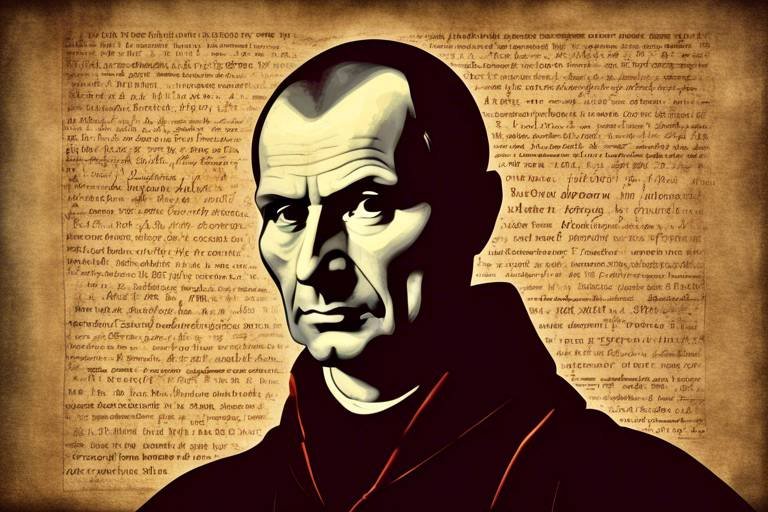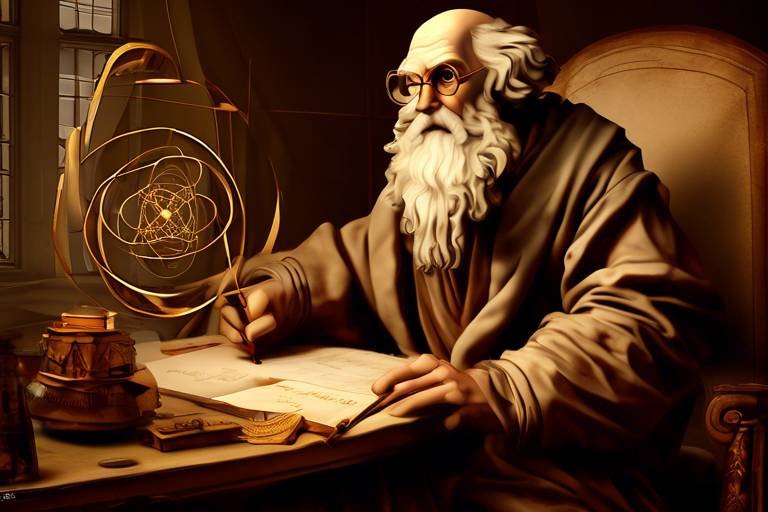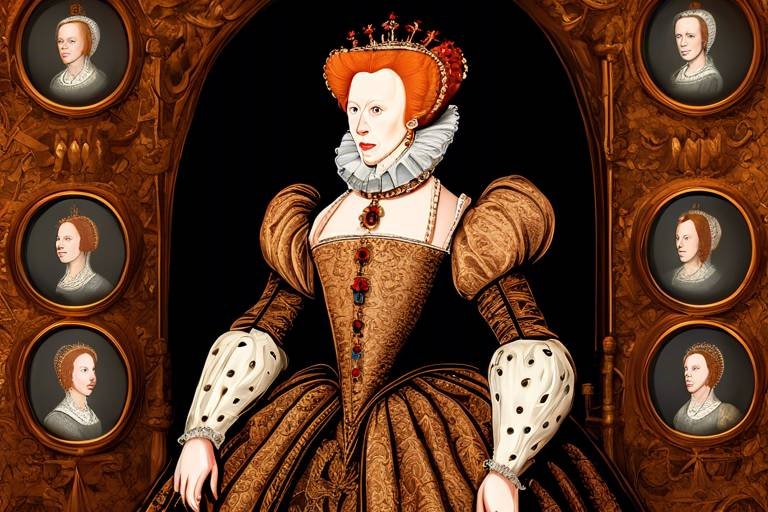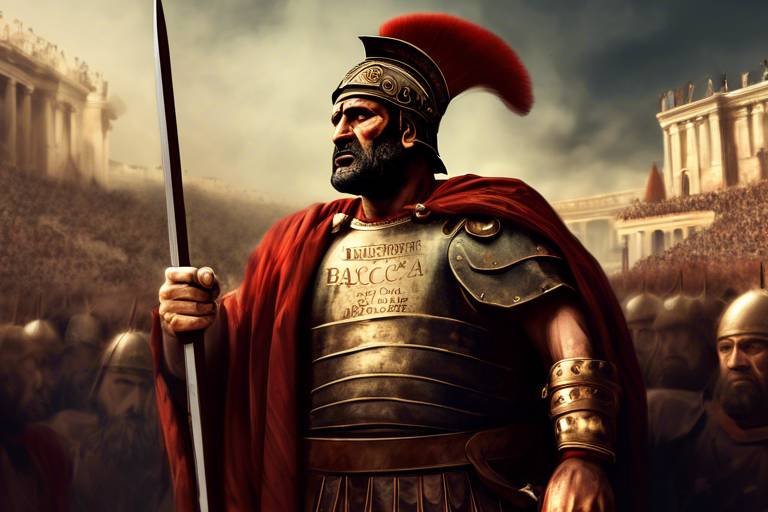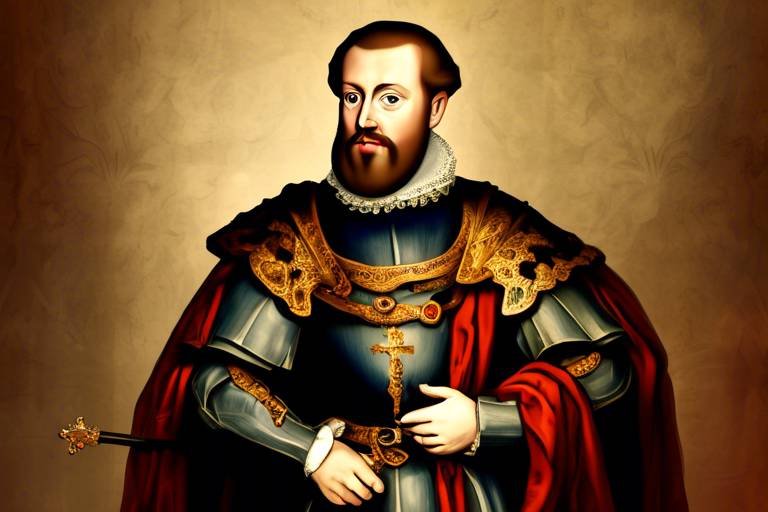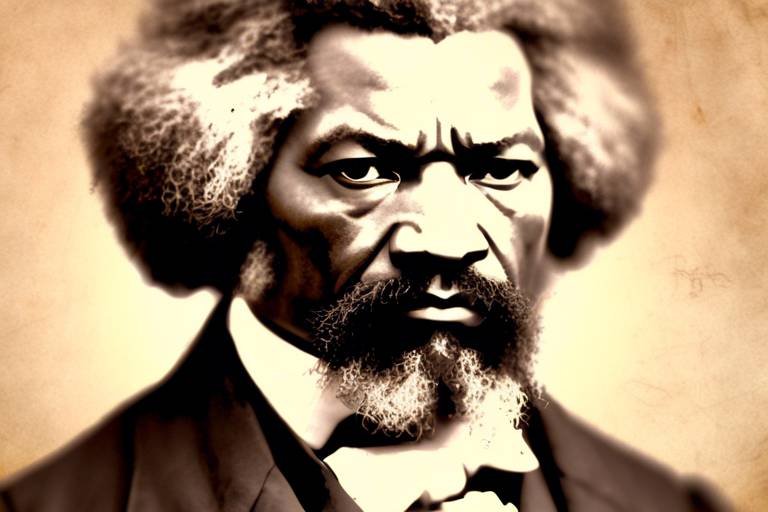Catherine the Great: Empress of All Russia
Catherine the Great, born as Sophie of Anhalt-Zerbst, was a remarkable figure in Russian history who rose to power and became the Empress of All Russia. Her reign, spanning over three decades, was marked by significant reforms, territorial expansion, and a flourishing of arts and culture.
From her early days as a German princess, Catherine navigated the complex world of Russian politics to secure her position as ruler. Her enlightened reforms aimed at modernizing Russia were inspired by the ideals of the Enlightenment, focusing on education, law, and culture to propel the country forward.
Known for her ambitious foreign policy, Catherine expanded Russia's territories through military campaigns and strategic alliances. Her diplomatic prowess on the world stage solidified Russia's position as a major power, shaping the course of European politics.
Under Catherine's patronage, the arts and culture in Russia flourished, with literature, architecture, and theater experiencing a golden age. Her support for intellectual pursuits and creative endeavors left a lasting impact on Russian society.
However, Catherine faced challenges during the Pugachev Rebellion, a significant uprising against her rule. Her response to the revolt showcased her strength as a leader and the complexities of maintaining power in a vast empire.
Despite controversies and criticisms surrounding her reign, Catherine's legacy endures, influencing Russian history to this day. Her contributions to education, the arts, and political reforms have left an indelible mark on the country's development.
Following Catherine's death, a succession crisis ensued, leading to the ascension of her son, Paul I. The transition of power marked the end of an era in Russian history, with Catherine's reign leaving a profound impact on the future of the empire.
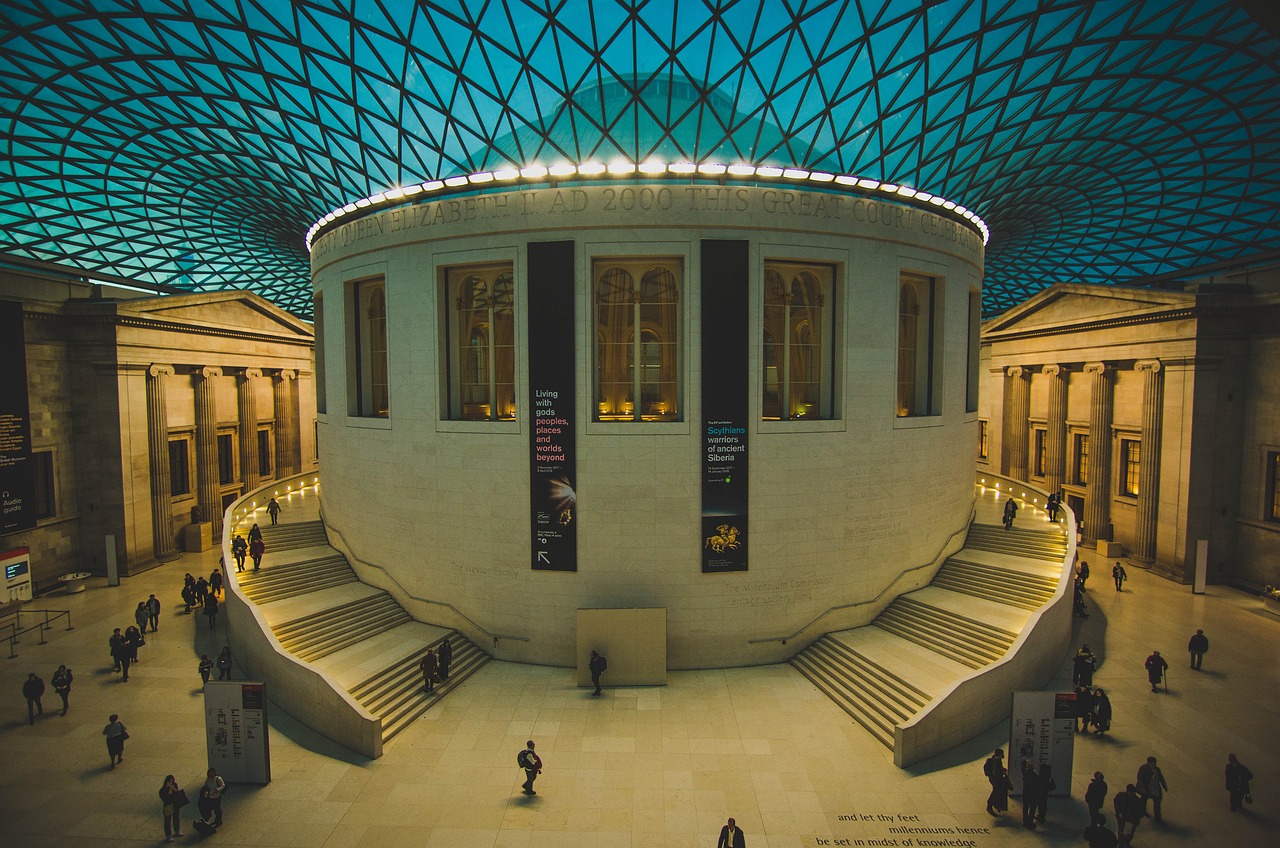
Early Life and Rise to Power
From a modest beginning as a German princess to ascending to the throne of the vast Russian Empire, Catherine the Great's journey to power is nothing short of remarkable. Born as Sophie of Anhalt-Zerbst, she entered the Russian court at a young age through her marriage to the future Emperor Peter III. Despite facing initial challenges due to her foreign origin and unfamiliarity with Russian customs, Catherine quickly adapted and immersed herself in the intricacies of Russian politics.
Her rise to power was marked by strategic alliances and shrewd political maneuvering, culminating in the coup that saw her take the throne in 1762. Catherine's reign was characterized by a firm grip on power and a keen understanding of statecraft, allowing her to navigate the complex web of court politics and assert her authority over the empire.
As she consolidated her rule, Catherine embarked on a path of enlightened reforms aimed at modernizing Russia and bringing it in line with the progressive ideals of the Enlightenment. She implemented sweeping changes in education, law, and administration, laying the foundation for a more enlightened and efficient government.
Despite facing opposition from conservative elements within the nobility, Catherine's vision for Russia as a modern and powerful European nation drove her relentless pursuit of reform. Her determination and political acumen enabled her to overcome obstacles and establish herself as a formidable ruler, earning the respect and admiration of her subjects.

Enlightened Reforms and Modernization
Catherine the Great's reign was marked by a fervent dedication to modernizing and reforming Russia, inspired by the ideals of the Enlightenment. She implemented a series of progressive policies aimed at bringing Russia into the modern era and fostering intellectual and cultural growth.
One of Catherine's most significant reforms was in the realm of education. She established schools and universities, promoting the spread of knowledge and literacy among the Russian population. By investing in education, Catherine sought to create a more enlightened and informed society.
In addition to education, Catherine implemented legal reforms aimed at modernizing Russia's legal system. She introduced new laws to improve the administration of justice and ensure fair treatment for all citizens. These reforms laid the groundwork for a more just and equitable society.
Catherine also focused on cultural development during her reign, supporting the arts and sciences as a means of enriching Russian society. She established cultural institutions, such as theaters and museums, and patronized artists and intellectuals. This cultural flourishing under Catherine's rule contributed to the vibrancy and sophistication of Russian society.
Furthermore, Catherine's modernization efforts extended to economic reforms aimed at stimulating growth and development. She implemented policies to promote trade and industry, encouraging economic prosperity and innovation. These reforms helped to strengthen Russia's economy and position it as a more competitive player on the global stage.
Overall, Catherine the Great's enlightened reforms and modernization efforts left a lasting impact on Russia, shaping the country's trajectory towards progress and modernity. Her legacy as a forward-thinking ruler who sought to transform and improve her empire endures to this day.
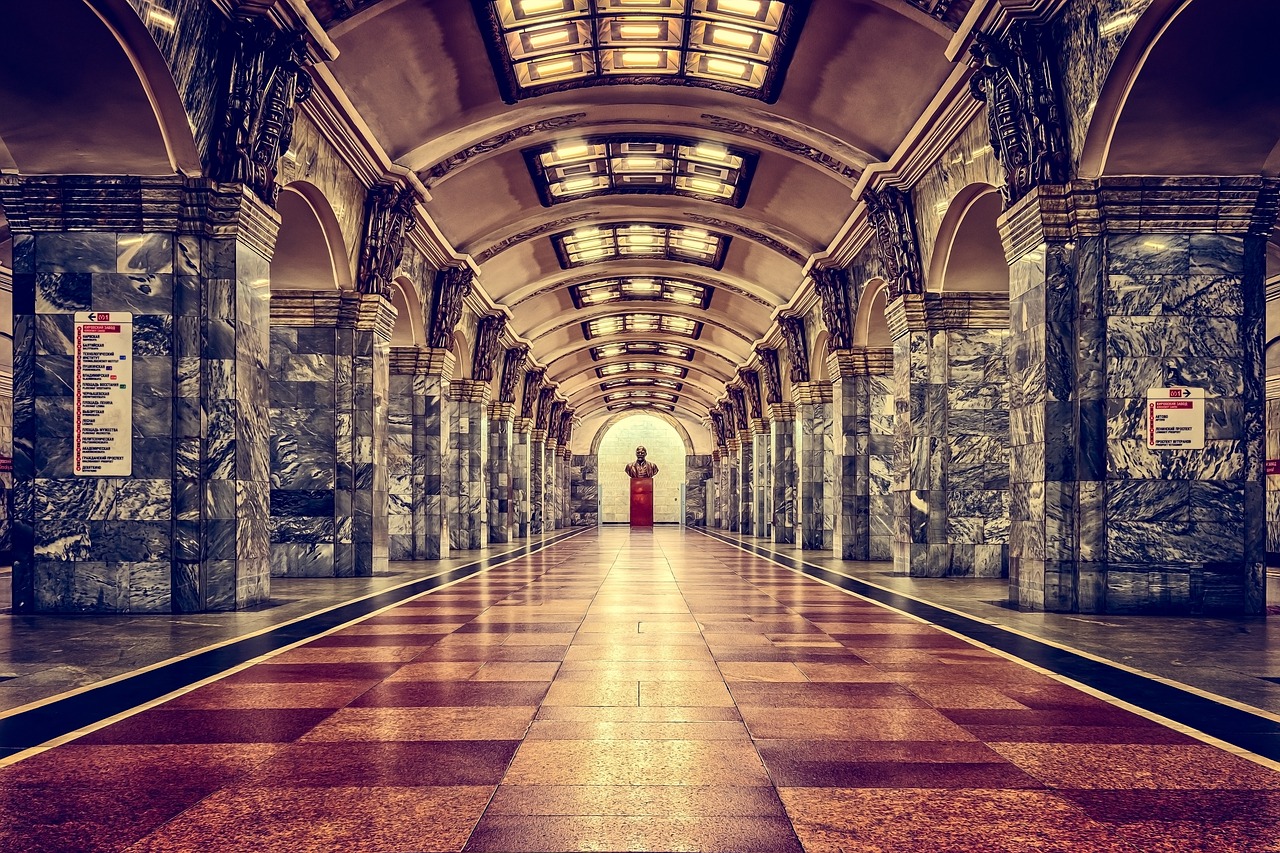
Foreign Affairs and Expansion
Foreign Affairs and Expansion during Catherine the Great's reign were marked by ambitious goals and significant territorial gains for Russia. Catherine pursued a proactive foreign policy agenda that aimed to strengthen Russia's position on the world stage and expand its influence. Through a combination of military campaigns, strategic alliances, and diplomatic negotiations, Catherine successfully increased Russia's territorial holdings and solidified its power in Europe and beyond.
One of Catherine's most notable achievements in foreign affairs was the partitioning of Poland, which resulted in the acquisition of substantial Polish territories by Russia. This move not only expanded Russia's borders but also weakened Poland as a significant player in European politics. Additionally, Catherine's military campaigns in the Black Sea region and the Caucasus further extended Russia's reach and control over key strategic areas.
Moreover, Catherine's diplomatic efforts were instrumental in forming alliances with other European powers, such as Austria and Prussia, to counterbalance the influence of rivals like France and the Ottoman Empire. These alliances helped Russia assert its dominance in Eastern Europe and establish itself as a major player in international affairs.
Furthermore, Catherine's expansionist policies were not limited to land conquests. She also focused on strengthening Russia's maritime capabilities and expanding its presence in the Baltic Sea. The construction of naval bases and the development of a powerful navy under Catherine's reign laid the foundation for Russia's future naval prowess and global maritime ambitions.
In conclusion, Catherine the Great's foreign affairs and expansion policies were instrumental in transforming Russia into a formidable empire with an extensive territorial reach and significant influence in European politics. Her strategic vision and diplomatic acumen played a crucial role in shaping Russia's place in the world during her reign.

The Arts and Culture under Catherine
During Catherine the Great's reign, the arts and culture flourished in Russia like never before. Catherine was a passionate patron of the arts, supporting and promoting literature, architecture, and theater. Her court became a hub of intellectual activity, attracting talented artists and thinkers from all over Europe. Under her patronage, Russian culture experienced a renaissance, with a focus on embracing European artistic trends while also celebrating the country's unique heritage.
Catherine's love for the arts was reflected in the magnificent architectural projects she undertook, such as the renowned Hermitage Museum in St. Petersburg. This grand palace not only housed Catherine's impressive art collection but also became a symbol of Russia's cultural richness and sophistication. The Hermitage remains a testament to Catherine's vision of creating a cultural legacy that would endure for generations.
Moreover, Catherine's support for literature and education played a crucial role in shaping Russia's intellectual landscape. She established schools and libraries, encouraging the spread of knowledge and literacy among the Russian population. Writers and poets thrived under her rule, producing works that reflected the spirit of the era and contributed to the country's literary heritage.
Furthermore, Catherine's passion for theater and opera transformed Russia into a vibrant center of performing arts. She invited renowned artists and composers to her court, staging elaborate productions that captivated audiences and showcased the country's artistic prowess. Theaters flourished in major cities, offering entertainment and cultural enrichment to the public.
In essence, Catherine the Great's reign was a golden age for the arts and culture in Russia. Her unwavering support and patronage elevated the country's cultural scene to new heights, leaving a lasting legacy that continues to inspire and influence Russian artistic expression to this day.
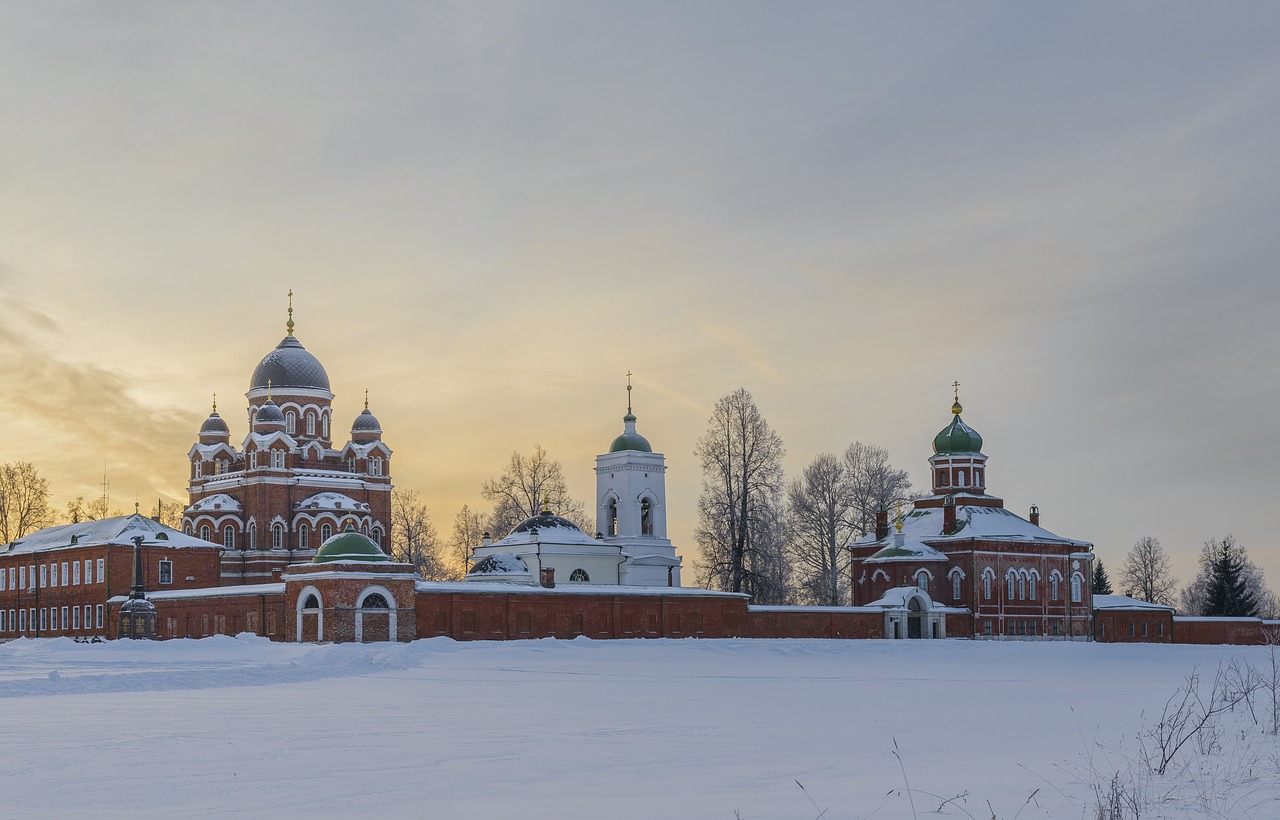
The Pugachev Rebellion
The Pugachev Rebellion was a significant uprising that posed a major challenge to Catherine the Great's rule over Russia. Led by Emelyan Pugachev, a Cossack claiming to be Catherine's deceased husband, Peter III, the rebellion aimed to overthrow the government and bring about social and political change. Pugachev's forces captured several key cities and gained support from various groups discontent with Catherine's policies.
The rebellion spread fear and chaos throughout the empire, as Pugachev's army grew in size and momentum. His promise of land redistribution and an end to serfdom attracted many peasants and disenfranchised individuals to join the cause, posing a serious threat to Catherine's authority.
Catherine responded to the rebellion with swift and ruthless military action, dispatching troops to quell the uprising and restore order. The conflict was marked by brutal violence on both sides, with atrocities committed by Pugachev's forces and harsh reprisals by the imperial army.
After a series of battles and sieges, Pugachev was eventually captured and executed in 1775, bringing an end to the rebellion. The aftermath saw Catherine implementing stricter measures to prevent future uprisings and solidify her control over the empire.
The Pugachev Rebellion highlighted the deep-seated social and economic tensions within Russian society, as well as the challenges of governing a vast and diverse empire. It also underscored Catherine's determination to maintain her power and the lengths she was willing to go to preserve the status quo.

Catherine's Legacy and Enduring Influence
As we reflect on Catherine the Great's legacy, it becomes evident that her influence on Russian history is profound and enduring. Catherine's reign marked a period of significant transformation and progress for the Russian Empire, leaving a lasting impact on various aspects of society.
One of Catherine's most notable contributions was her dedication to the arts and education. She was a staunch supporter of culture and intellectual pursuits, fostering a vibrant cultural scene that thrived under her patronage. The flourishing of literature, architecture, and theater during her rule is a testament to her commitment to promoting the arts.
Furthermore, Catherine's efforts in modernizing Russia through enlightened reforms continue to shape the country's social and political landscape. Her policies on education, law, and culture laid the foundation for a more progressive and forward-thinking society, setting the stage for future developments in Russian history.
Additionally, Catherine's foreign policy initiatives and territorial expansion efforts expanded Russia's influence on the world stage. Through strategic military campaigns, alliances, and diplomatic maneuvers, she solidified Russia's position as a major player in international affairs, leaving a legacy of geopolitical significance.
Despite controversies and criticisms surrounding her reign, Catherine the Great's enduring influence on Russian politics and culture cannot be denied. Her contributions to the arts, education, and foreign affairs have left an indelible mark on the course of Russian history, ensuring that her legacy continues to be studied and debated to this day.
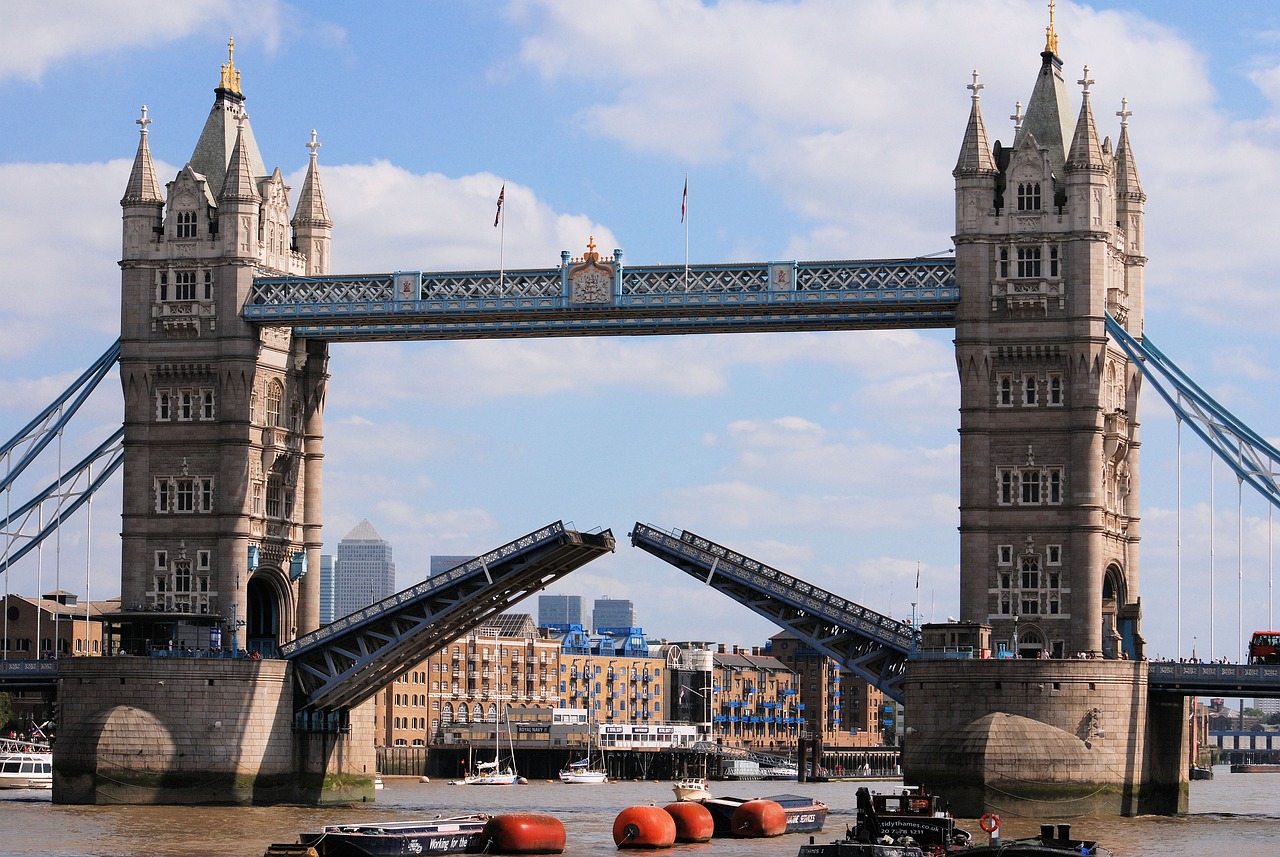
Controversies and Criticisms
Controversies and criticisms surrounded Catherine the Great throughout her reign, casting shadows over her otherwise illustrious legacy. One of the most significant controversies was the allegation of despotism, with critics accusing Catherine of ruling with an iron fist and suppressing dissent. Her strong-handed approach to governance, while effective in maintaining control, drew criticism from those advocating for greater freedoms and rights for the Russian people.
Additionally, Catherine's personal life was not without scandal, further fueling the criticisms against her. Her numerous romantic entanglements, including relationships with several prominent figures at court, raised eyebrows and led to speculation about the extent of her influence over matters of state. These scandals tarnished Catherine's reputation in the eyes of many, providing fodder for her detractors.
Furthermore, Catherine's policies towards the nobility and peasantry also came under scrutiny. While she implemented reforms that benefited the nobles, such as granting them more power and privileges, the lower classes often bore the brunt of her authoritarian rule. The widening gap between the wealthy elite and the common people fueled discontent and resentment towards Catherine's regime.
Despite these controversies and criticisms, Catherine the Great remains a complex figure in Russian history, with supporters lauding her as a visionary leader and reformer. The debates surrounding her legacy continue to spark discussions among historians and scholars, highlighting the enduring impact of her reign on the Russian Empire.

Death and Succession
After a long and eventful reign, Catherine the Great's life came to an end on November 17, 1796. Her death marked the beginning of a turbulent period in Russian history as the question of succession loomed large over the empire. With Catherine's only legitimate heir, Paul I, set to ascend the throne, the transition of power was not without its challenges.
Following Catherine's death, Paul I faced immediate opposition from factions within the Russian court who were dissatisfied with his rule. The new emperor's policies and leadership style quickly alienated many, leading to internal strife and political instability. This period of uncertainty cast a shadow over the legacy left by Catherine and raised questions about the future direction of the Russian Empire.
Despite the controversies surrounding Paul I's reign, he managed to consolidate his power and assert control over the empire. However, his turbulent relationship with the nobility and his erratic behavior further fueled discontent among the Russian elite. The legacy of Catherine the Great was put to the test as Paul I struggled to maintain stability and legitimacy in the face of growing opposition.
The succession of Paul I marked the end of an era in Russian history, with the reign of Catherine the Great leaving a lasting impact on the empire. Her enlightened reforms, expansionist policies, and patronage of the arts defined a period of growth and cultural flourishing in Russia. As the empire transitioned to a new ruler, the legacy of Catherine continued to shape the course of Russian politics and society.
Frequently Asked Questions
- 1. Who was Catherine the Great?
Catherine the Great, born Sophie of Anhalt-Zerbst, was a German princess who became the Empress of Russia and ruled from 1762 until her death in 1796. She is known for her significant contributions to Russian politics, culture, and expansion.
- 2. What were Catherine's major accomplishments?
Catherine the Great is renowned for her enlightened reforms that modernized Russia, her successful foreign policy that expanded Russian territories, her patronage of the arts, and her efforts to promote education and culture in the empire.
- 3. What challenges did Catherine face during her reign?
Catherine faced various challenges, including the Pugachev Rebellion, criticisms of her rule, and controversies surrounding her personal life. Despite these obstacles, she managed to maintain power and leave a lasting impact on Russian history.
- 4. How did Catherine the Great impact Russian society?
Catherine's reign saw advancements in education, law, and culture, as well as territorial expansion and the promotion of intellectual pursuits. Her legacy continues to influence Russian politics and cultural development.










